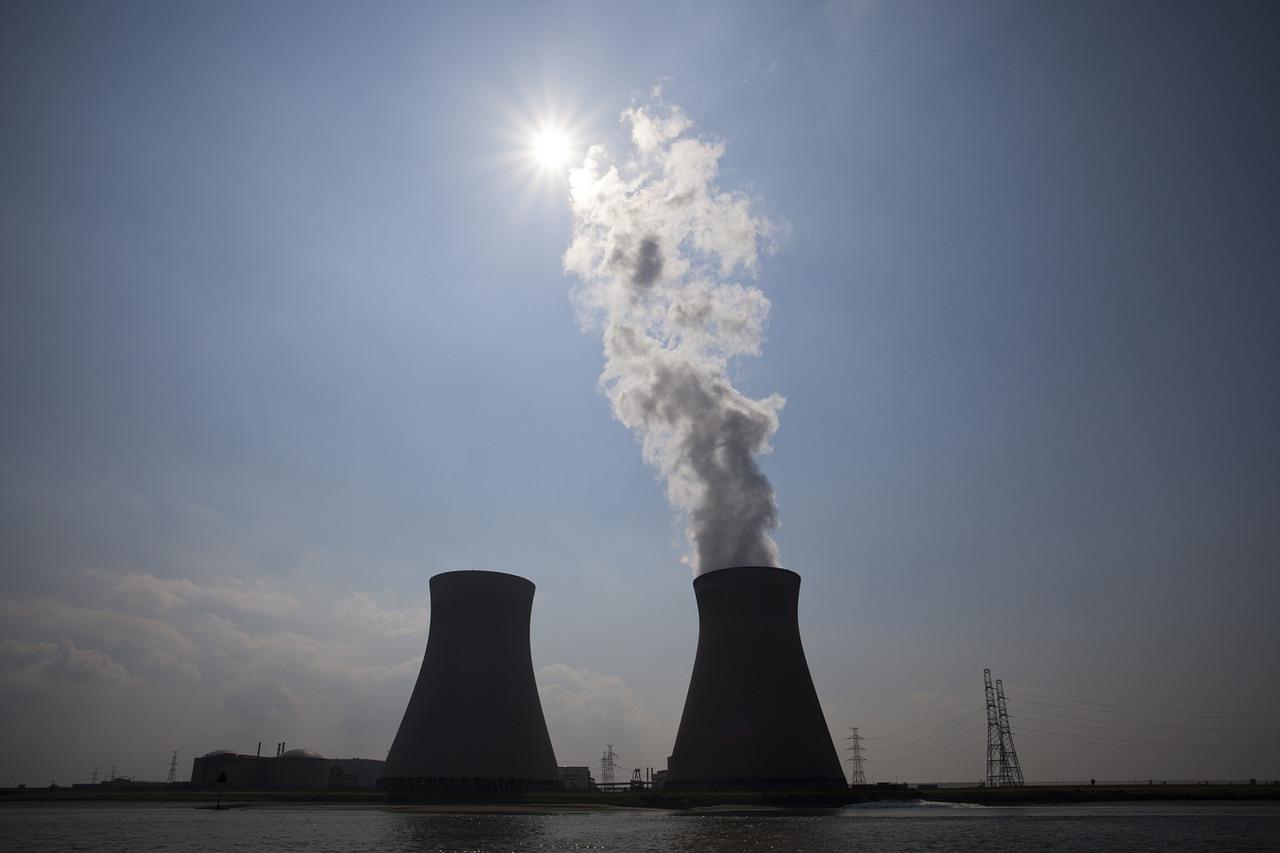
By Nicole Neghaiwi
Overcoming decades of hostility, Iran and six nations led by the United States reached an historic accord this month to limit Tehran’s nuclear ambitions in exchange for the lifting of economic sanctions. The deal has sparked significant debate amongst supporters and opponents alike, who question the impact the agreement might have on the region’s stability and future relations with the West. But the deal may also offer a surprising boost to the international divestment campaign, a growing social movement that seeks to persuade investors to sell their stocks in fossil fuel companies.
With an estimated production capacity of roughly 3.5 million barrels a day, the lifting of economic sanctions against Iran opens the way for a flood of new oil to hit global markets -- this at a time when production is already estimated to exceed demand by approximately 2 million barrels. Spurred by fears over falling oil prices, investors responded to the news by selling their futures in crude, causing prices to slump to their lowest in three months within days of the announcement.
The slump will likely spark renewed calls from divestment campaigners, who have long cited price volatility in the fossil fuel markets as an argument for divestment. Since 2013, environmental organizations like the Carbon Tracker Initiative have been pushing investors to consider the financial implications of the so-called carbon bubble on their long-term investments. The term refers to the risk that, if the world’s governments meet their agreed upon target of limiting global warming to 2 degrees Celsius, at least two-thirds of proven fossil fuel reserves would be rendered stranded.
But steep declines in oil and coal prices have strengthened the argument that the world may not need to wait for international governments to come to a global agreement before fossil fuel assets are rendered stranded. Over the past five years, U.S. coal prices have dropped nearly 76 percent due to a combination of stricter environmental regulations in the U.S., weakening demand from abroad and the introduction of cheap shale gas. During that same period, over 25 U.S. coal companies were forced into bankruptcy, including once major players like James River Coal and Patriot Coal Corp.
Environmental activists and financial experts alike have warned that depressed oil prices could render many current exploration projects worthless. Most easy-to-access oil wells like those in Iran have already been discovered and are under the control of national oil companies, forcing Western oil majors to look to increasingly unconventional sources such as tar sands, the Arctic, or politically challenging environments. This inevitably raises the costs of exploitation, further increasing the possibility that new oil resources could become stranded if prices continue to sink.
Already, some investors have started to advocate in favor of divestment not just as an ethical imperative but also as risk management measure. Earlier this year, the Government Pension Fund of Norway, the world’s largest sovereign wealth fund, announced its decision to sell off over US$8 billion of coal investments in 122 companies, marking the biggest divestment from coal in history. The decision was followed a month later by another divestment announcement by a major Norwegian pension fund and life insurance firm, Storebrand, which cited the fact that the stocks would soon become “financially worthless” as a major reason for its decision. Similarly, while not going so far as to specifically advocate for divestment, HSBC warned in a private report to its clients that there is "an increasing risk that fossil fuel companies could become economically non-viable."
“It is still a relatively fringe movement,” explained Max Horster, financial industry director at the South Pole Group, a company that works with investors to analyze climate change risks in their portfolios. “But we are seeing increasing interest from institutional investors, particularly pension funds and endowments, who worry about long-term financial risks associated with their holdings in fossil fuel companies. For many of our clients, divestment is also an opportunity to align their investment strategy with their underlying ethical values.”
Whether it aligns with their own ethical values or not, investors will need to reckon with an increasingly vocal divestment movement in the future. The recent wave of investors committing to sell their shares in coal companies may have been inspired by environmental concerns, but it was equally driven by financial concerns over declining coal prices. With cheap Iranian oil now threatening to flood the global market, western oil majors should take note. The rules of the game are changing.
Image credit: Pixabay
Nicole Neghaiwi is specialized in dynamic environmental, social and governance (ESG) risk analytics and metrics. Through her work, she provides key support to the financial industry in order to help them realize their carbon reduction goals. Nicole has sound experience in working with risk management as well as the assessment and optimization of the climate impact of investment portfolios. Nicole is a frequent speaker at leading industry events and conferences.
TriplePundit has published articles from over 1000 contributors. If you'd like to be a guest author, please get in touch!














